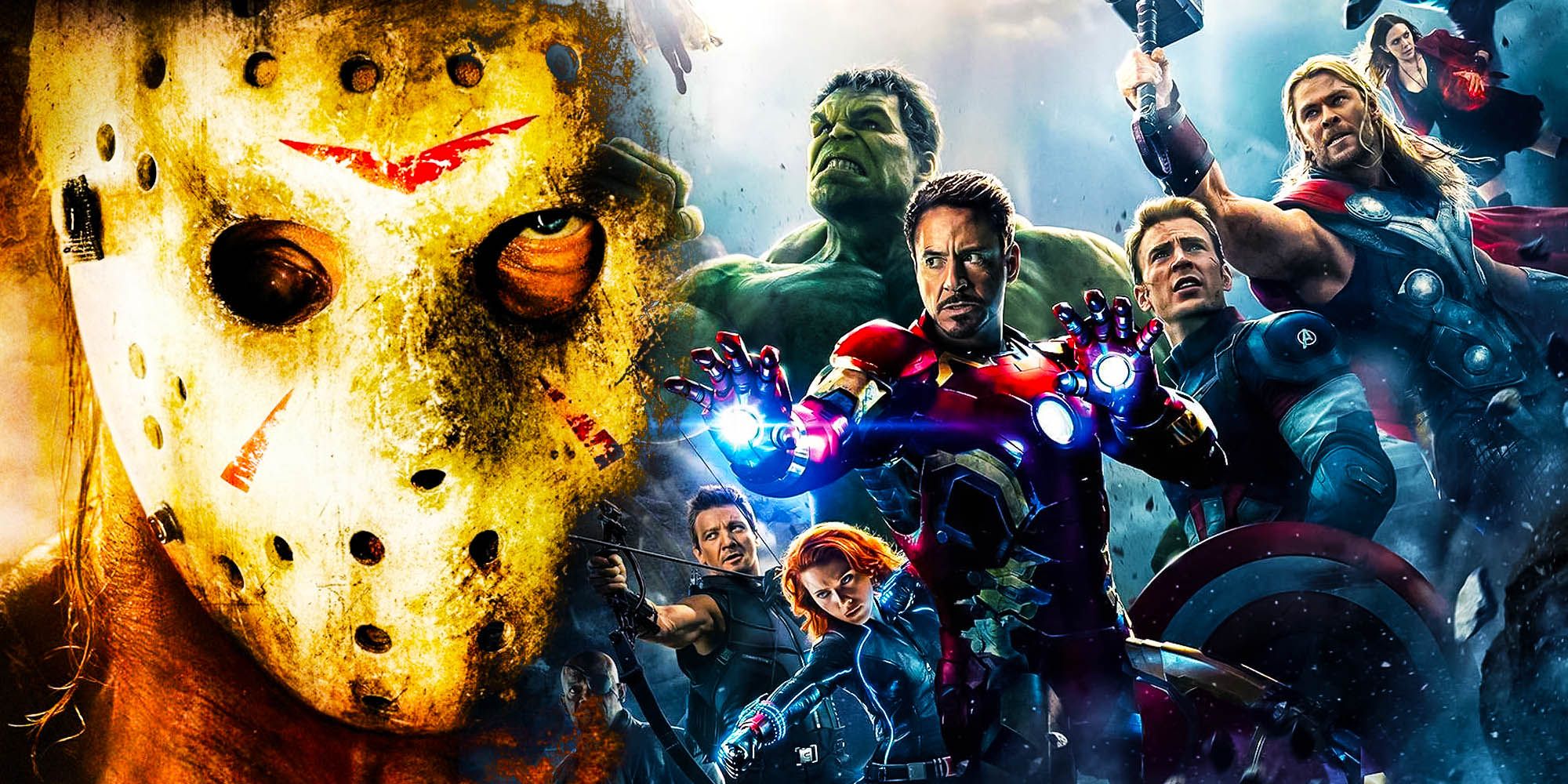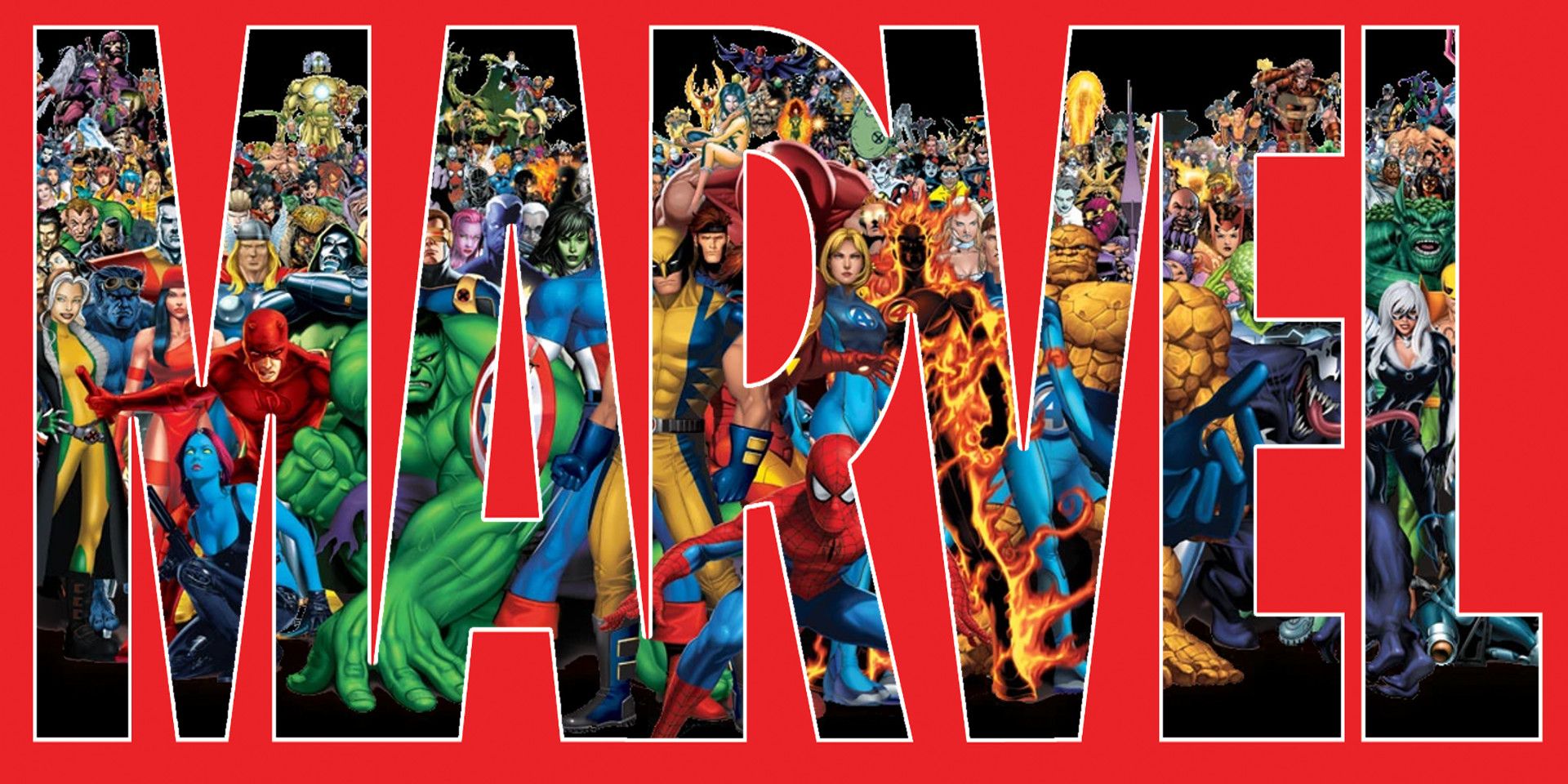After a years-long court battle, creator Victor Miller has won back the rights to Friday the 13th's Jason, and Marvel will soon face a similar fight. It's no secret that American copyright law is far from simple. It contains many rules and provisions, and it's no wonder that a class of lawyers specializes specifically in copyright cases. While most copyright fights likely wouldn't draw much attention from people not involved in the proceedings, those revolving around pop culture properties are often a different story.
For nearly 13 years, fans of the Friday the 13th horror franchise have pined for another Jason adventure to be made, with the closest they got being a Friday the 13th video game. A huge stumbling block in the way of Friday the 13th Part 13 has been a bitter court battle between Sean Cunningham - longtime producer of the franchise - and Victor Miller, who wrote the script for Friday the 13th. This has prevented the franchise from continuing to expand in recent years.
Miller used a provision of the 1976 Copyright Act to reclaim the rights to his work 35 years after its creation. Cunningham asserted Miller wrote the script as a work for hire, and wasn't entitled to the rights. Two courts have now sided with Miller, seemingly settling the matter for good. Now, Disney and Marvel are suing to prevent the rights to some of their most iconic characters from reverting to their respective creators. However, Miller's victory may not necessarily forecast the outcome of Marvel's case, for several reasons.
On a basic level, the Friday the 13th and Marvel copyright lawsuits share some commonalities. Both involve individuals attempting to use provisions of the Copyright Act that allow original creators to regain the rights to their creations after a period of years. They also seem to be resting on the same sticking point, that being whether or not those trying to regain the rights to these properties created them as a work for hire, meaning at the direction and behest of the current copyright holder. Beyond that though, the two situations are noticeably different.
For one, the rights to Friday the 13th as won by creator Victor Miller aren't worldwide. He used U.S. copyright law to attain them, and other parties that aren't Sean Cunningham own distribution rights outside of America. That means Miller must be prepared to negotiate with those studios if he wants to try and make money off Jason going forward. Conversely, Disney - via its ownership of Marvel Comics - owns the complete worldwide rights to its characters, outside of select deals such as Sony controlling the movie and TV rights to Spider-Man. Since this legal fight between Marvel and the creators of such characters as Iron Man, Spider-Man, and other Avengers is still being contested under U.S. law though, that could lead to a situation in which, if the case doesn't go Disney's way, they're forced to share control with the winners in order to release MCU movies worldwide.
There's also a question of timing to consider. Under the 1976 Copyright Act, works created after 1978 become eligible for reclamation by their creators during a five-year period that begins 35 years after creation. However, all the Marvel characters in question currently were created prior to that, making them eligible for reclamation over a five-year period beginning 56 years after creation, or if not acted on then, the 5-year clock begins again after 75 years. The biggest question to be answered in the legal battle - just as it was for Friday the 13th - between Marvel and the creators of its characters is, were they really works for hire? When the work occurred that long ago, it could be very hard to prove either way.


